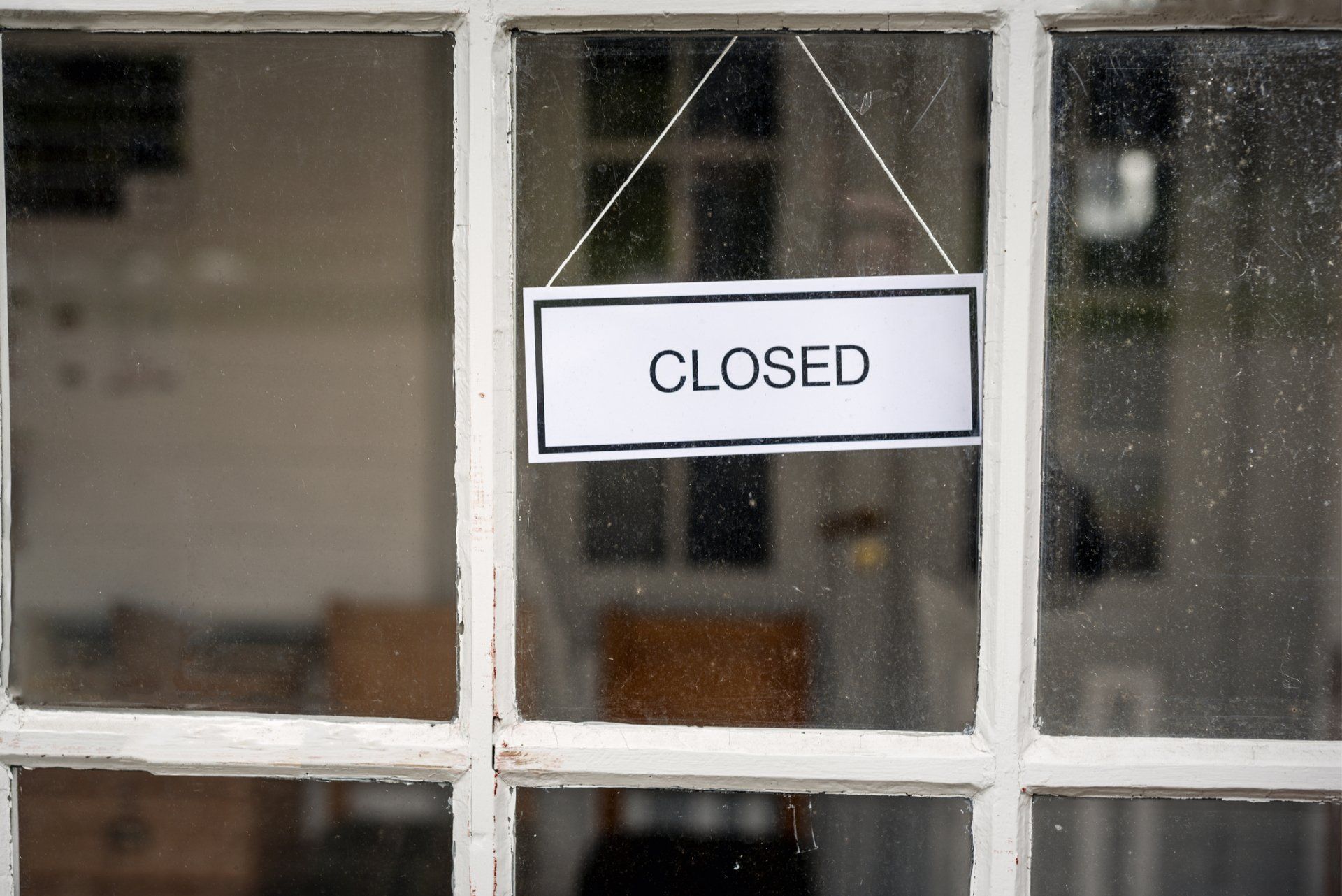Are "Penalty-Free" 401k Withdrawals Free?
CARES Act Qualified Plan Distributions
Under the CARES Act, you can take up to $100,000 in qualified plan distributions if you are a qualified individual. Who is qualified? Anyone who meets the following criteria:
- You are diagnosed with the virus SARS-CoV-2 or with coronavirus disease 2019 (COVID-19) by a test approved by the Centers for Disease Control and Prevention;
- Your spouse or dependent is diagnosed with SARS-CoV-2 or with COVID-19 by a test approved by the Centers for Disease Control and Prevention;
- You experience adverse financial consequences as a result of being quarantined, being furloughed or laid off, or having work hours reduced due to SARS-CoV-2 or COVID-19;
- You experience adverse financial consequences as a result of being unable to work due to lack of child care due to SARS-CoV-2 or COVID-19; or
- You experience adverse financial consequences as a result of closing or reducing hours of a business that you own or operate due to SARS-CoV-2 or COVID-19.2
If you meet any of these criteria and you decide to take a distribution, you won’t have to pay the 10% early distribution penalty, even if you are under age 59 ½. However, you will still have to pay income taxes on the distribution. You can spread the taxes out over a three-year period, but you still have to pay them.2
Should you take a CARES Act distribution?
New Paragraph




